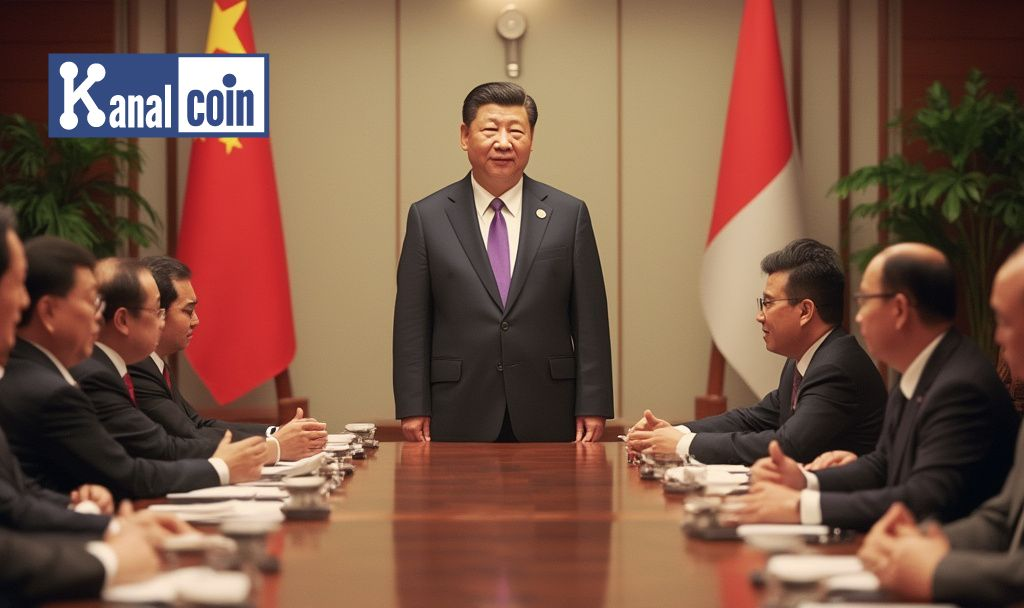
Chinese President Xi Jinping seeks to strengthen ties with Southeast Asian nations in response to tariffs imposed by the U.S. under President Trump, which have impacted the Chinese economy.
This move signifies China’s strategic focus on forming alliances in Asia to mitigate trade disruptions and explore new economic opportunities, influencing regional economic dynamics and international trade patterns.
Xi’s Strategy: Diversifying Trade Amid U.S. Tariffs
President Xi Jinping has initiated efforts to enhance relations with Southeast Asian countries as a strategy to counteract the economic impact of U.S. tariffs. This initiative aims to diversify China’s trade partners amid global trade tensions.
China’s engagement with Southeast Asian nations involves diplomatic dialogues and economic collaborations to seek mutual benefits. These actions illustrate China’s adaptation to shifting trade policies imposed by the U.S.
Regional Leaders Embrace China’s Collaboration Offers
Regional leaders have warmly received China’s overtures, seeing potential in expanded trade and investment. Such collaborations aim to stabilize regional economies, offering a counterbalance to the influence of Western tariffs.
Potential economic outcomes could include a resurgence in trade activities within Asia, bolstered by China’s new focus. Such changes could alter global trade patterns, reducing reliance on Western markets and fostering regional interdependence.
China’s Pivot Echoes Historical Trade Shifts
Historically, trade shifts have prompted varying economic realignments, with China’s pivot to Southeast Asia echoing previous strategic adjustments. Such moves often reshape trade landscapes, impacting global economic dynamics.
Experts from Kanalcoin suggest China’s initiatives might lead to enduring partnerships, strengthening its regional influence.
Xi Jinping’s diplomatic moves are a direct response to Trump’s unprecedented tariff escalation, seeking to forge stronger ties in Southeast Asia.
This could provide long-term economic stability amidst unpredictable global trade environments.


